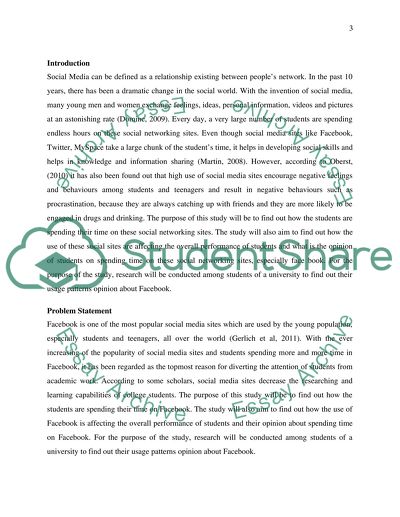Cite this document
(“Marketing Research Report Assignment Example | Topics and Well Written Essays - 3500 words”, n.d.)
Retrieved from https://studentshare.org/marketing/1404621-marketing-research-report
Retrieved from https://studentshare.org/marketing/1404621-marketing-research-report
(Marketing Research Report Assignment Example | Topics and Well Written Essays - 3500 Words)
https://studentshare.org/marketing/1404621-marketing-research-report.
https://studentshare.org/marketing/1404621-marketing-research-report.
“Marketing Research Report Assignment Example | Topics and Well Written Essays - 3500 Words”, n.d. https://studentshare.org/marketing/1404621-marketing-research-report.


